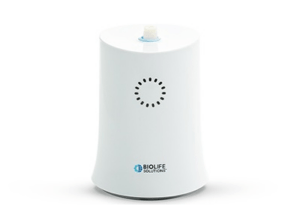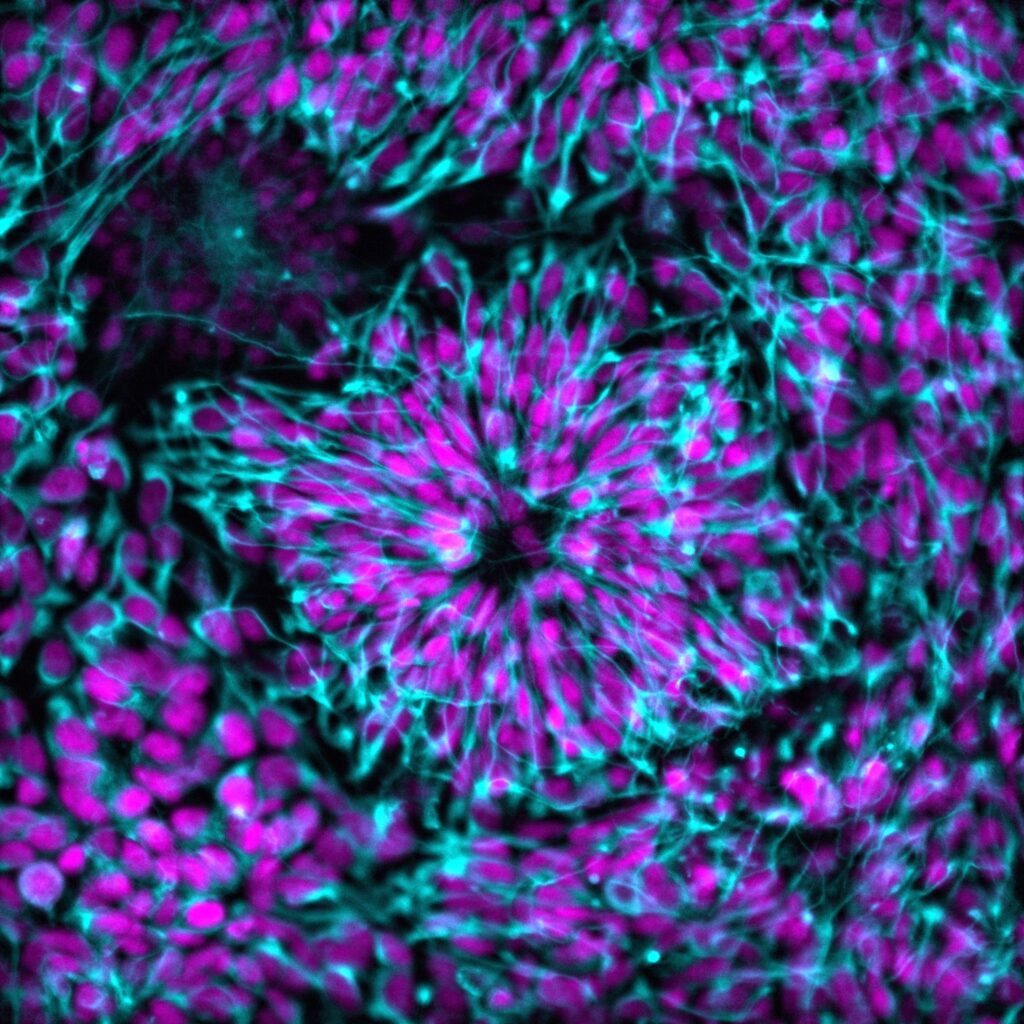
National Facility for Genome Engineering & Disease Modelling
The core mission of the National Facility for Genome Engineering and Disease Modelling is to implement a multidisciplinary platform of services that provide access to cutting-edge technologies in the fields of pluripotent stem cells, two- and three-dimensional cell model generation, and genomic engineering.
Leveraging the latest laboratory automation technologies, our team translates critical protocols for stem cell generation, genomic manipulation, and differentiation into modular workflows with high potential for manufacturing and automation, simplifying key steps that limit speed in disease modelling and improving standardization and manufacturing.
The system developed in our Facility enables the execution of a workflow that, starting from the patient, allows the generation of the full range of investigative tools that have revolutionized the study and modelling of previously inaccessible diseases.
The NF is branched into four Infrastructural Units:
- IU1 – Pluripotent Stem Cells and Advanced Cell Cultures: This unit aims at maximising the physiological relevance of cell culture systems by employing state-of-the-art methodologies to enhance conditions, derivation, and standardisation for every cell types in vitro. This unit reprogram somatic cells into induced pluripotent stem cells (iPSCs) using in-house optimised protocols and further characterise the derived cells with tailored genomic and functional assays. IU1 also provides training in (stem) cell culture, equipping professionals with essential skills for navigating advanced culture.
- IU2 – Gene Editing Technologies: This Unit employs cutting-edge gene editing techniques to create advanced engineered stem cell and immortalised/cancer cell lines. Our services encompass the generation of Knock-Out (INDELS) cell lines and the Knock-In of exogenous DNA fragments, incorporating tags, reporters, and point mutations. We provide customised approaches tailored to specific user needs, ensuring thorough characterisation and validation of all cell lines through collaboration with Human Technopole’s National Facilities, employing state-of-the-art technologies. IU2 offers workshops on fundamental gene editing techniques, providing both novice and professional scientists with the essential toolkit for generating and characterising sophisticated in vitro human biology models.
- IU3 – Validation: This unit recapitulates tissue development in vitro, yielding diverse specialised cell types and tissues from pluripotent and adult stem cells. Our services cover differentiation procedures in adherent conditions (2D), and the generation and long-term maintenance of organoids (3D). Models are crafted using standardised protocols, with a focus on neural and cardiac models in our current portfolio. Tailored differentiation protocols are available upon request, following a thorough evaluation of feasibility. Our models are subject to a set of quality controls, and further characterised through IU1 and a collaboration with Human Technopole’s National Facilities.
- IU4 – Technology Development: This unit pioneers advanced laboratory methodologies, merging the facility’s expertise in stem cells (IU1), disease modelling (IU2) and genome engineering (IU3) with technological challenges from Human Technopole researchers and the national scientific community. Employing a sophisticated robotic platform and specialised personnel, we convert cell biology and disease modeling processes into high-throughput automated pipelines. This facilitates an accessible experimental research platform for disease screening and modeling.
The Facility offers the scientific community the first platform for modelling human disease at scale. Access to the platform allows you to plan an experimental design by drawing on the entire catalogue of technologies in a modular and flexible manner.
The Facility networks with the main stem cell biology core facilities in Europe and beyond, with the aim of sharing expertise, harmonising procedures, and protocols, and establishing a community representing a reference point in stem cell biology.
Open Call
25-GEDM-ROUND2 - National Facility for Genome Engineering and Disease Modelling
The call for Access for the National Facility for Genome Engineering and Disease Modelling (Call ID: 25-GEDM-ROUND2) is open from 1 June to 30 September 2025.
Details:
For general enquiries about the call: [email protected]
For technical enquiries about the services: [email protected]
Downloads:
Links:
Services
- Reprogramming of PBMCs
- Reprogramming of Fibroblasts
- Knock-out hPSCs
- Knock-in/Point Mutations hPSCs
- Knock-out Cell Lines
- Knock-in/Point Mutations Cell Lines
- Custom Gene Editing
Differentiation of 2D/3D cultures
The service is not yet available for external users
Instruments
Cell Celector
Nucleofector 4D
NucleoCounter NC-202
Spectrum Compact
ThawSTAR® CFT2 Automated Thawing System
Facility Members
-
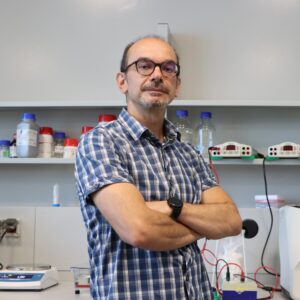 Giovanni Faga
Giovanni Faga
Head of National Facility for Genome Engineering -
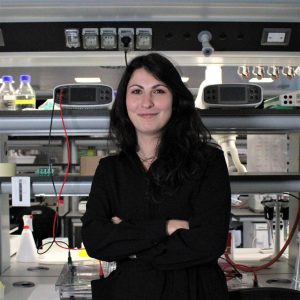 Chiara Ambrosini
Chiara Ambrosini
Technician -
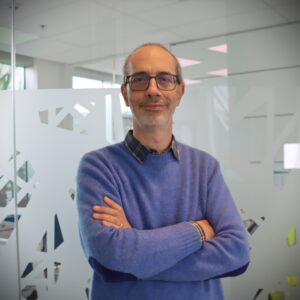 Andrea Brambilla
Andrea Brambilla
Manager - Technology Development IU -
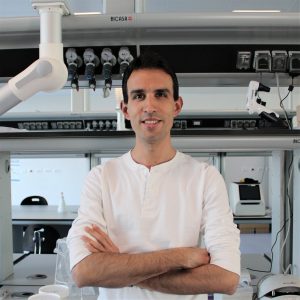 Alessandro Corti
Alessandro Corti
Senior Technician -
 Ana Lucia Cuadros Gamboa
Ana Lucia Cuadros Gamboa
Technician -
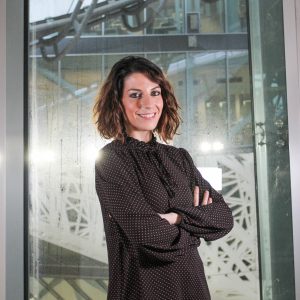 Elisabetta Fiacco
Elisabetta Fiacco
Senior Technician -
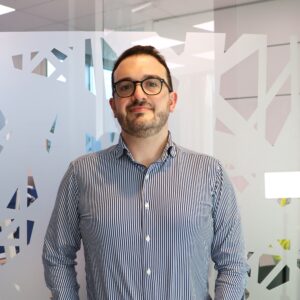 Giacomo Frati
Giacomo Frati
Manager – Genome Editing -
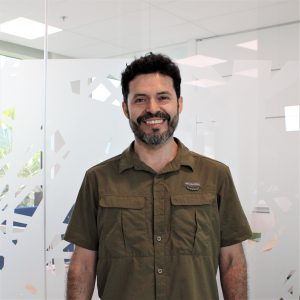 Patricio Fuentes Bravo
Patricio Fuentes Bravo
Senior Technician -
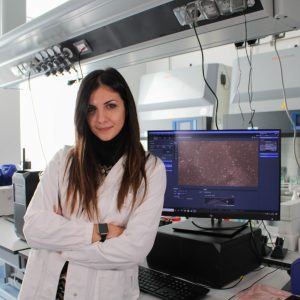 Sara Landi
Sara Landi
Senior Technician -
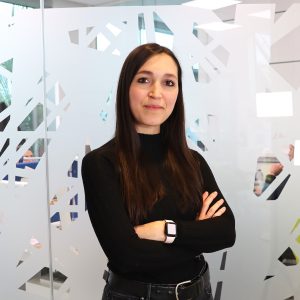 Clarissa Meoni
Clarissa Meoni
Technician -
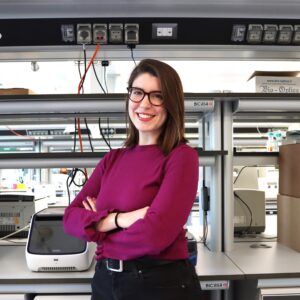 Eleonora Pedrazzoli
Eleonora Pedrazzoli
Technician -
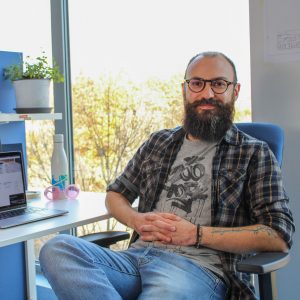 Jacopo Zasso
Jacopo Zasso
Senior Technician
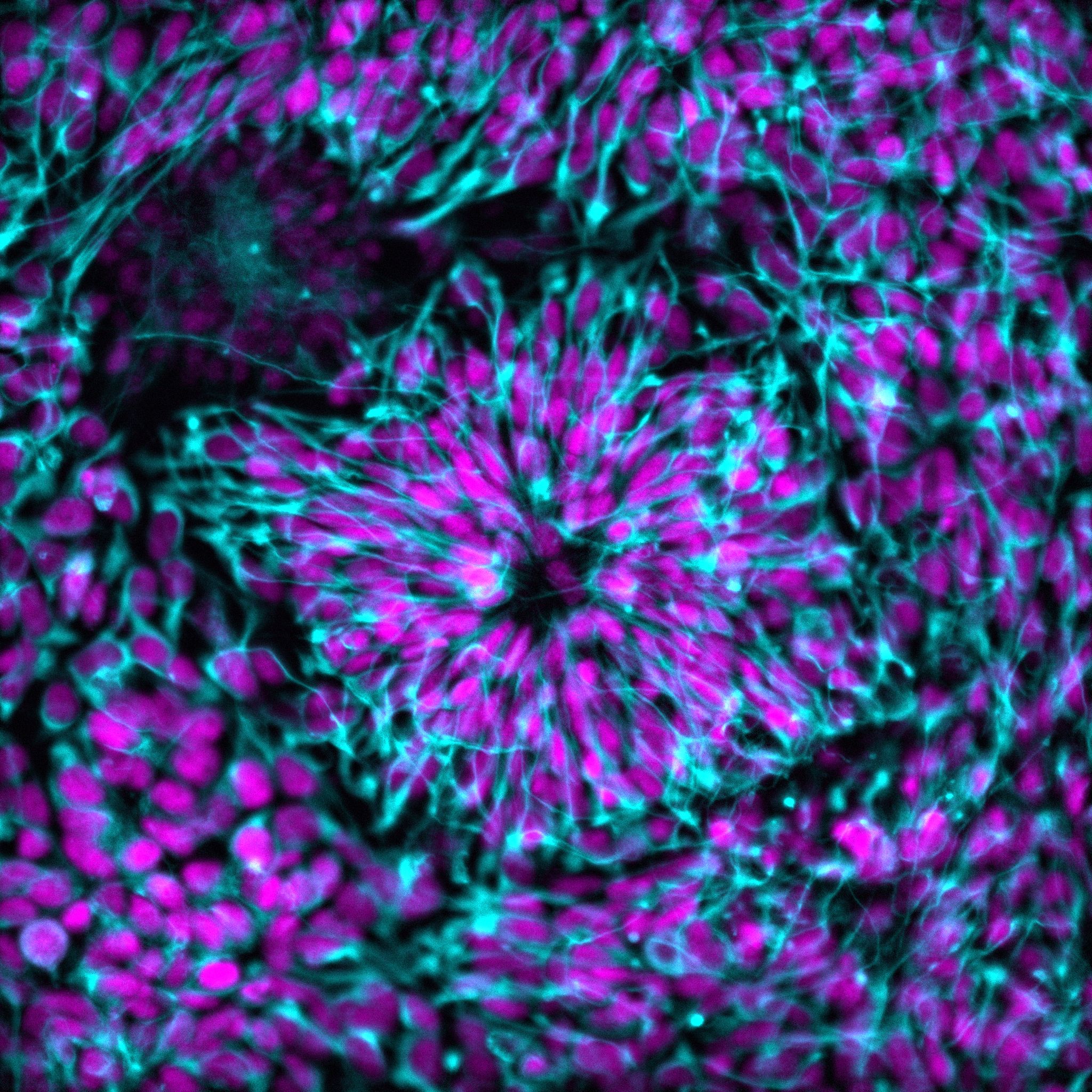
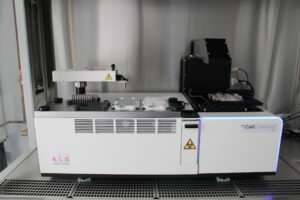
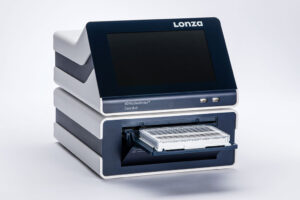
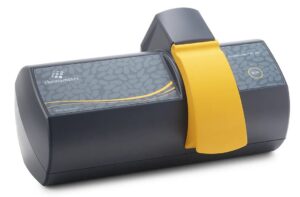 The
The 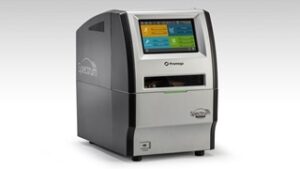 The
The 